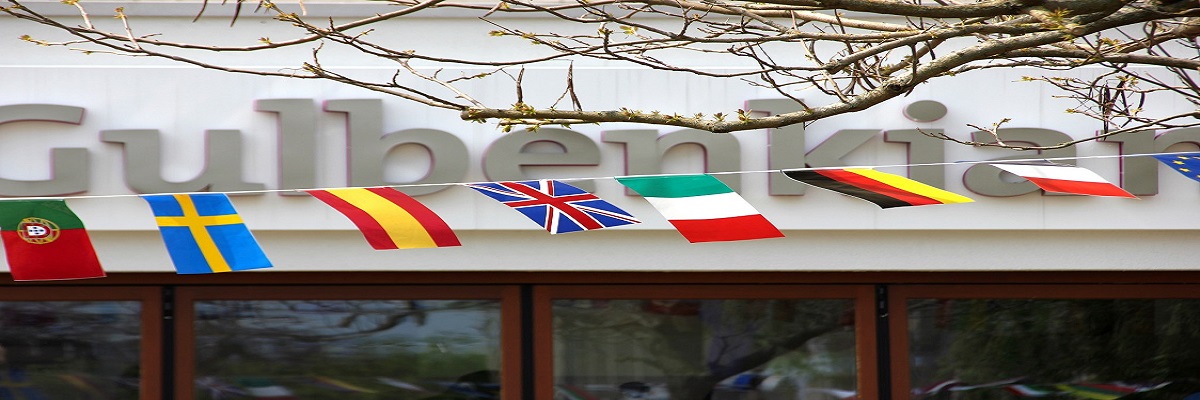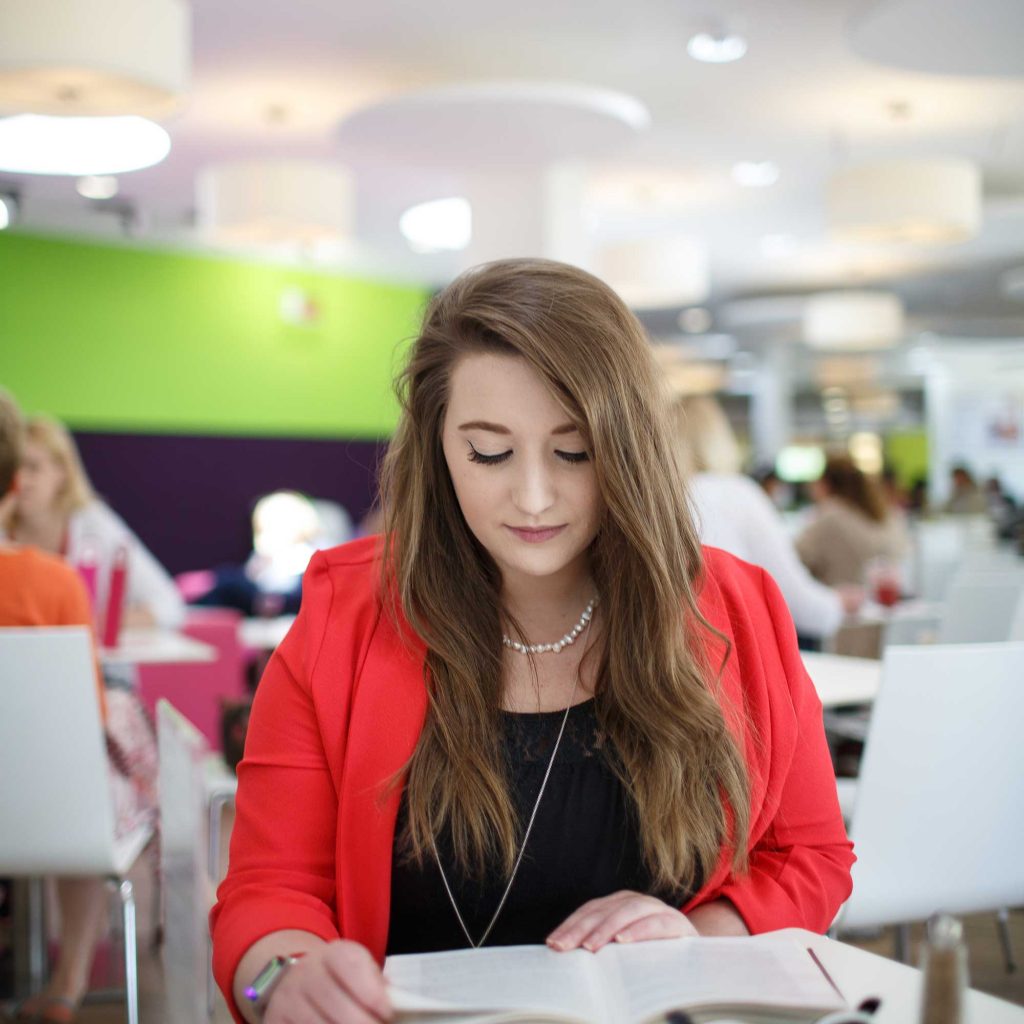Frances graduated with a BA (Hons) in English and American Literature and History, and an MA in English and American Literature from Kent, and is now studying for a PhD in English.
What attracted you to Kent?
I studied for my BA here and when I originally came on an Applicant Day, I thought Kent was a beautiful place. As soon as I stepped on to campus, it just felt right.
Why did you choose postgraduate study?
In the final year of my undergraduate degree, one of my supervisors suggested I pursue postgraduate study and it was during my Master’s that I decided research was something I really wanted to do. I had already established myself within the School of English and had built up great relationships with the staff, so undertaking a PhD here was the natural next step.
What are you researching?
I’m examining the portrayal of Anglo-Russian relations in British literature at the turn of the 19th century, which is allowing me to combine my interest in Russian history with my love of English literature. The School is very supportive and actively encourages you to pursue the research that you really enjoy.
How have you found the supervision process?
I have two very supportive supervisors – they are both at the end of an email and quick to respond. However, the whole department is open to helping you, which is what I like about being at Kent. All of the staff take an interest in your work and you receive lots of encouragement. The fact that the School has a wealth of expertise that you can tap into is particularly valuable.
How would you describe the transition from undergraduate to postgraduate study?
It has been a big step-up. At Master’s level, you find yourself in another phase of growing up, where you begin to come into your own. You are becoming a researcher and taking responsibility for your own work, and this prepares you well for the PhD.
What’s been the highlight so far?
I like the fact that I’m gaining confidence in myself and my ability to analyse literature. I am now in
the first year of my research degree and I have found it very refreshing because you are not constricted by set texts or reading lists. You are the person who is writing on the subject and, when you finish, you will be the authority on it, so it’s your responsibility to ensure that you are fully researched. It’s a really exciting prospect.
What activities do you get involved with in your spare time?
Although I am currently working part-time at the University to fund my studies this year, I have really thrown myself into postgraduate life. I am the Vice-President of the Kent Graduate Student Association (KGSA), working closely with Kent Union and the Graduate School to enhance the postgraduate student experience. We host regular events, including trips to major cities such as London, Oxford, Cambridge and Edinburgh, and themed nights on campus. I am also the Editor of The GradPost, the postgraduate newsletter at Kent.
The School of English has a lot of things going on, too. There are numerous lectures and research seminar series that you can get involved with. We also have the opportunity to organise our own conference, enabling us to network with PhD students and academic staff from other institutions. It’s great to make those connections.
What’s next for you?
I would really like to remain in academia. In an ideal world, I would finish my PhD, secure a postdoctoral position and then find a junior lectureship job at Kent.
What advice would you offer potential research students?
A PhD is a huge commitment, so make sure you have a passion for the subject you intend to research.

